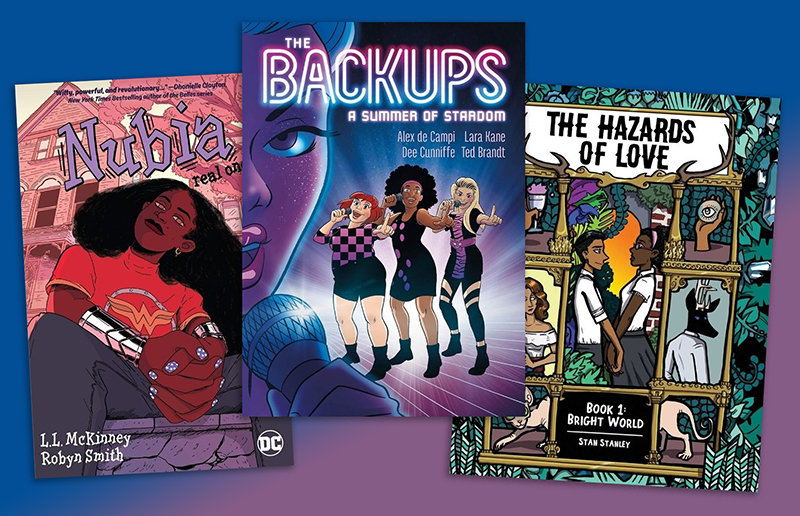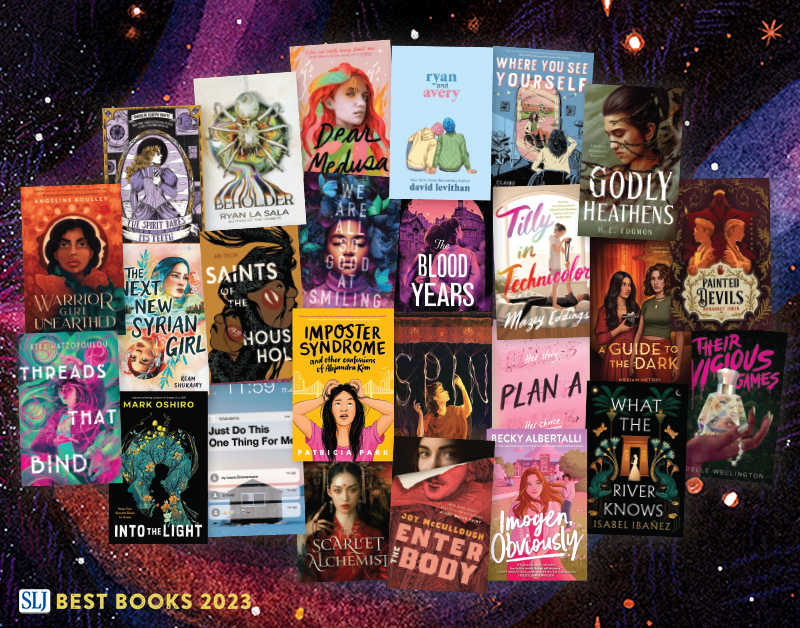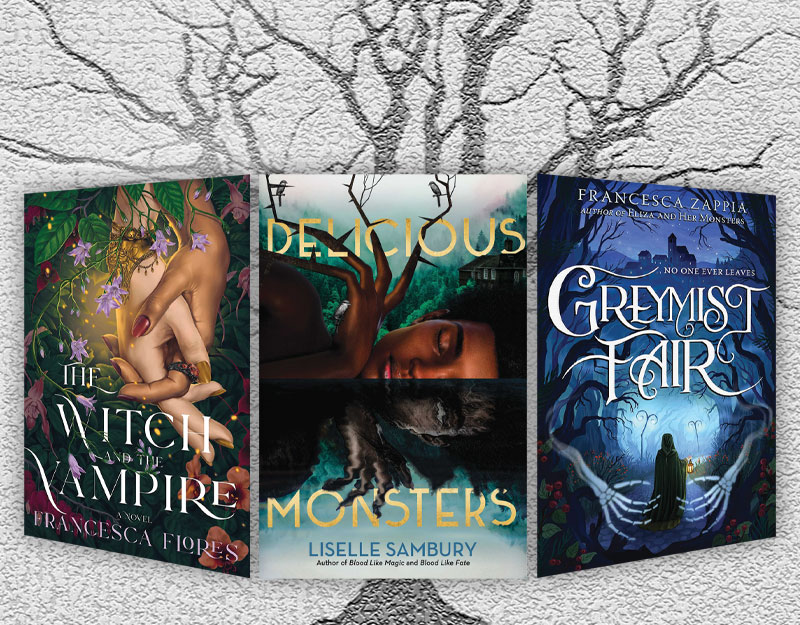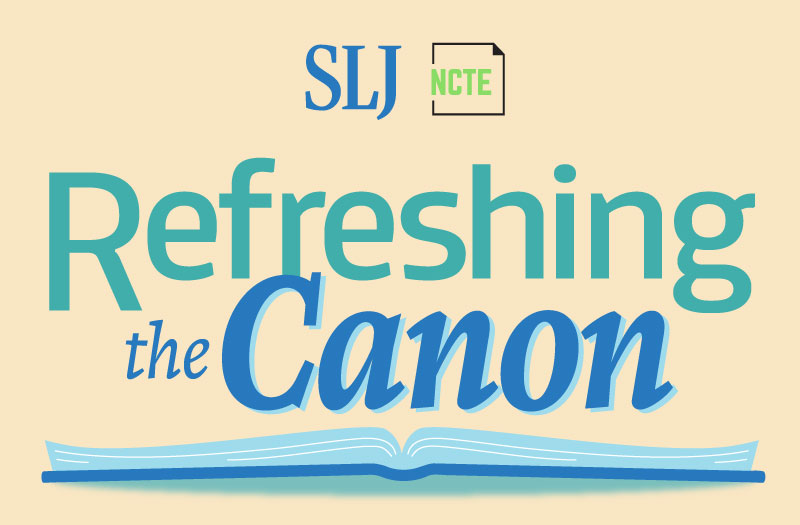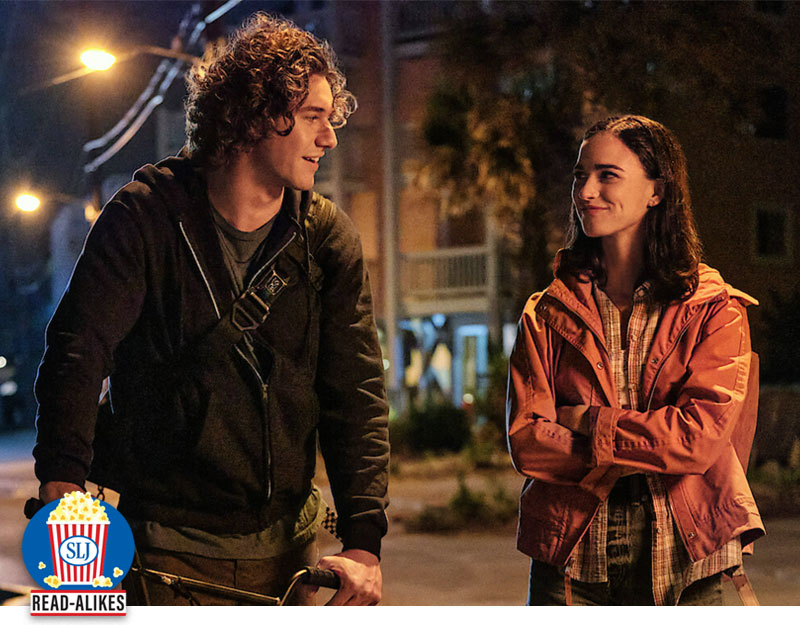#WeNeedDiverseBooks because over 200 girls are missing in Nigeria and it took 2 weeks for us to care
Here we are in the midst of the phenomenal #WeNeedDiverseBooks campaign started by a group of amazing people, and I can’t help but be reflective.
Two weeks ago over 200 girls were kidnapped in Nigeria and they are being “forced into marriage” the news tells us. Not sold into human slavery. Not raped. And it took almost two weeks for the press to really start talking about it. Why is it not being covered in the press? Because they’re not American? Because they aren’t blonde hair and blue eyed little girls?
When I was a toddler, my family was stationed at a military base in Japan. I was a blonde hair, blue eyed baby. The so called “American ideal.” One day my family, my mother pregnant with my little brother, went to a local carnival. A Japanese woman came up to my mother and asked my mom if she could buy me, patting her belly and telling her that she was going to have another so it was okay. My mom said no. This woman proceeded to follow her around for a while, making my mom nervous, so we finally left. She bought into the lie that having a blonde hair, blue eyed baby was the ideal.
ADVERTISEMENT
ADVERTISEMENT
Sometimes, as a teen, my mom would tell me this story and look at me with that look and say, “I should have sold you when I had the chance.” To her, in those difficult, tense mother-daughter moments, it was a funny anecdote to remind me to behave. But to me, as I grew older and saw more and more the way we treat those who don’t fit the American standard, it was a reminder that there are those who want so desperately to achieve this ideal that they don’t seem to feel comfortable in their own skin.
Whatever we are doing, we are doing it wrong. Because the truth is, having white skin and blonde hair and blue eyes doesn’t make me special. In fact, my hair has turned very dark and is now shaded with grey. My eyes are so red and puffy and swollen from allergies you wouldn’t even know they were blue. And, ironically, at no point in my life have I ever felt like I was enough. But I have always known and understood that no matter how I felt inside my own skin, just the color of my skin telegraphed an unearned sense of worth to those who passed me by on the street. I am not special because of the way I look, I am special because I am. Period. And so is every other person.
We still occasionally will speculate about what happened to Jon Bonet Ramsey, she still will show up on the cover of magazines. But these 200 girls . . . let that sink in for a moment. Over. 200. Girls. And we are just now starting to really talk about it. Where are their magazine covers and in depth profiles?
As I write this my Tween is sitting in a chair watching Mary Poppins. Although her life will have challenges because she is a woman and because of the very messed up messages that we send to women, the way we think about women, she at least gets to be a light skinned, blonde hair, blue eyed woman. She can walk into my library and find someone that looks like her on the cover of most books. She sees people who look like her on her tv screen. She sees people that look like her singing pop songs and making movies.
But the kids in my library, more than 50% of them are people of color. Their skins comes in an amazing array of hues. But they won’t find themselves on the covers of books, not often. They don’t see themselves on the tv screens and in the movies and singing pop songs. It’s getting better in lots of other areas, but it’s like the book world is the slowest to change.
Society tells boys they can’t read books about girls. Society tells white kids that they can’t relate to people with a different color of skin. Society tells us that there is a hierarchy of worth and those 200 girls, they seem to come in on the bottom. And that’s not okay for a million reasons but the number one reason that it’s not okay is because every person matters. Every. Single. One.
ADVERTISEMENT
ADVERTISEMENT
We need diverse books because we need to remind ourselves of this every day. We need to teach this to our children. We need to know that every time a child goes missing, that no matter what that child looks like, we will all stop what we are doing and try to right that wrong and bring that child to safety.
I want my children to read books not only to see themselves reflected in stories, but to see into the lives of others who are nothing like them so that they can grow up to be wise, loving and compassionate people. I want them to understand that every person matters.
I want diverse books because I want that mother to love and desire a child who looked just like her, because I want her to know that she was beautiful too. That her children are beautiful.
To suggest that someone doesn’t matter because of the color of their skin, or who they love, or because they have a disability is the ultimate evil. It does tremendous harm not only to that person, but to the balance of love and kindness in the universe. We need diverse books because we need to restore that balance of love and kindness to the universe. Our history is already dripping with hate and the blood of those we have deemed unworthy, how much more can the world around us soak up before it all just falls apart?
We need diverse books.
Filed under: Uncategorized
About Karen Jensen, MLS
Karen Jensen has been a Teen Services Librarian for almost 30 years. She created TLT in 2011 and is the co-editor of The Whole Library Handbook: Teen Services with Heather Booth (ALA Editions, 2014).
ADVERTISEMENT
ADVERTISEMENT
SLJ Blog Network
2024 Books from Coretta Scott King Winners
The Ultimate Love Letter to the King of Fruits: We’re Talking Mango Memories with Sita Singh
Monkey King and the World of Myths: The Monster and the Maze | Review
Parsing Religion in Public Schools
ADVERTISEMENT



